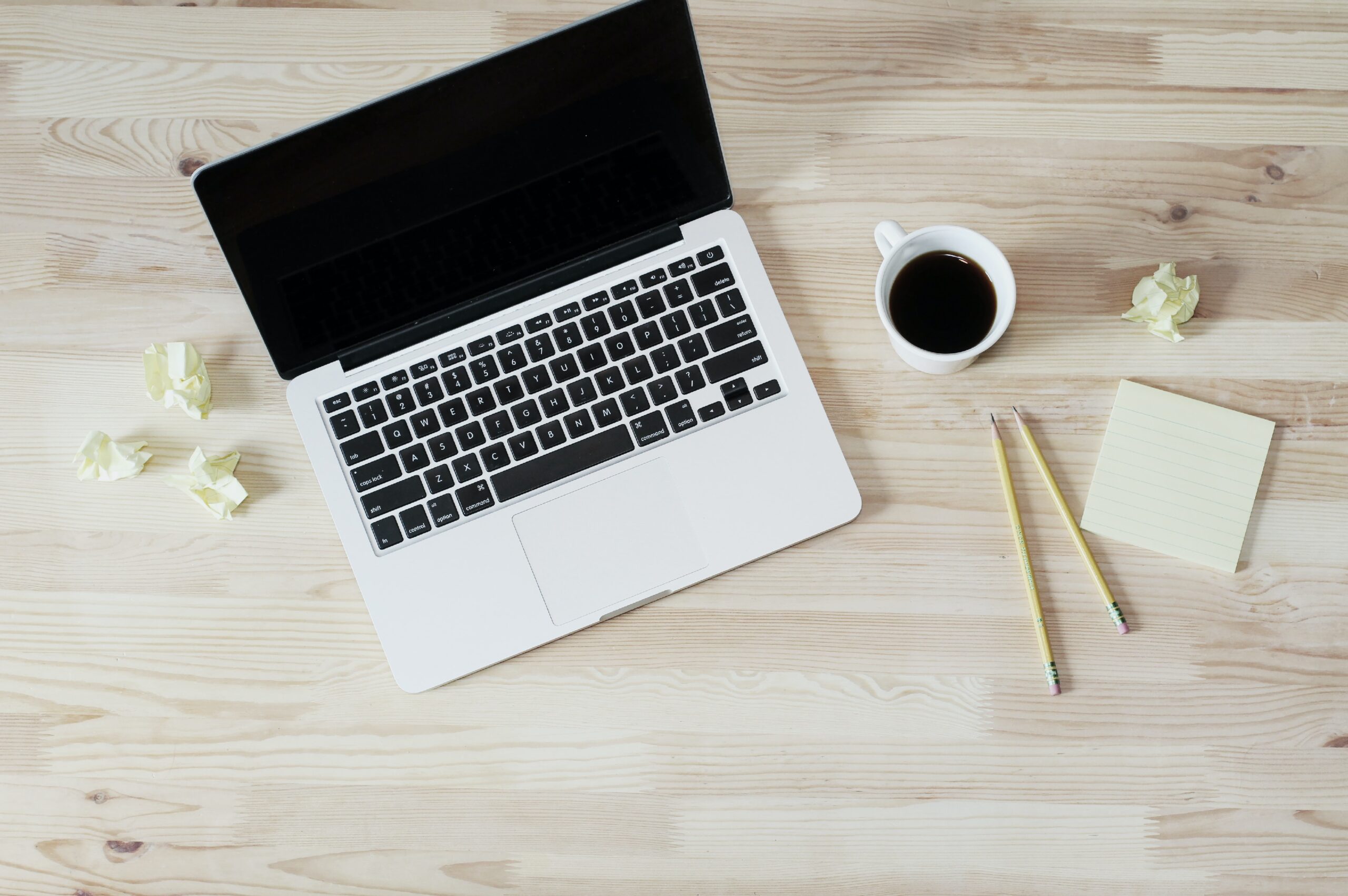
How to protect your people during organisational change
April 6, 2020
Productivity and effectiveness: technology and techniques
April 11, 2021Just a couple of years ago, it was unimaginable to think that the majority of UK workers would no longer be commuting into an office but instead, working entirely from home. It’s a shift that should have taken years, but in the context of a global health pandemic and country-specific lockdowns, we’ve done it – we’ve fundamentally changed the way we work.
Working from home brings with it many benefits, not least the time we gain through not commuting. There’s also the flexibility on offer, especially as we navigate through school closures, focus on our own health and wellbeing despite health centres and gyms being closed, and maintain the day-to-day life-admin and chores necessary for ourselves and the spaces we live in.
But it can also be all-consuming, with blurred boundaries between work and home life and a lack of social interaction that just isn’t the same across a Zoom call or other video-meeting platforms.
With so much going on, and for many in such an alien environment for working, it’s understandable to question whether time is being spent as well as it could be, or if we should be organising ourselves better.
By investing just a little time in understanding your own personal effectiveness triggers, you can unlock a whole new world of productivity and potentially create more time for yourself in the process.
It all starts with being honest
Do you start each morning staring at your computer thinking ‘I don’t know where to start’? You’re not alone; the adjustment to working from home is significant yet many of us have been asked to do so without time or support to really understand the implications.
One of the most important things you can do is have a really honest conversation with yourself about where you are spending your time and question whether this is really on the right areas. It’s likely there are lots of things going on that are stopping you being truly effective, or which are eating into your time and, as a consequence, are affecting your ability to focus on where you can add most value.
If we think about our reaction when stressed, it’s typically one of not being able to focus in any specific area because the brain feels too overwhelmed to process everything going on. As a result, we become unproductive. Addressing the working day is the same; we need to understand how we spend our time and what our distractions are so that we can stop getting over-whelmed. It will also help us make more conscious choices about what we should and shouldn’t be focused on.
Grab a pen and paper and start writing
There are many theories and tools to help productivity and no shortage of techniques you can try in the quest to manage yourself better. However, sometimes simple is best.
When thinking about productivity, a pen and paper is your best friend (or yes, a digital equivalent is absolutely ok!). Write down everything you spend your time on over a period of a few days, covering everything from work, personal and family time. Make sure you capture how long you spend and ideally, how it makes you feel.
From here, highlight your time wasters. Is the amount of time you’ve spent on email management proportionate? Are you getting value or benefit from the meetings you’re attending? Is your kit or software causing you a challenge? When you know what the problem areas are, you can do something about them.
The next step is to create a visual mechanism to help you prioritise. The Eisenhower Matrix ‘Urgent-Important’ is a simple yet highly effective way to set out your quadrant and plot your repetitive tasks in such a way that will write a new ‘to do’ list for you in order of priority. Once you understand what a typical day looks like, you can quickly undertake this activity each day based on your current workload to create a way of working that will maximise your productivity by ensuring you’re focused in the right places.
The reality of an ‘always on’ culture
With so much going on in every-day life, from the reality of family, work, pets and chores to the escapism of social media, the internet and 24/7 news, the demands on our time and brain-power are relentless. It’s no wonder that we can sometimes feel overwhelmed by the volume or work and find ourselves leaning towards less meaningful tasks just to give our minds a rest.
One of the things we can easily control, however, is how we use our time and the outputs we achieve as a result. By understanding your approach to work, thinking about actual (rather than perceived) priorities and organising yourself based on this, you can find yourself making much more conscious choices about what effective means to you and how you can achieve this on a daily basis.
Cube Learning and Development creates and delivers a wide range of training to help people be more effective at work. For a free, informal chat, give us a call on 07879 602002.




